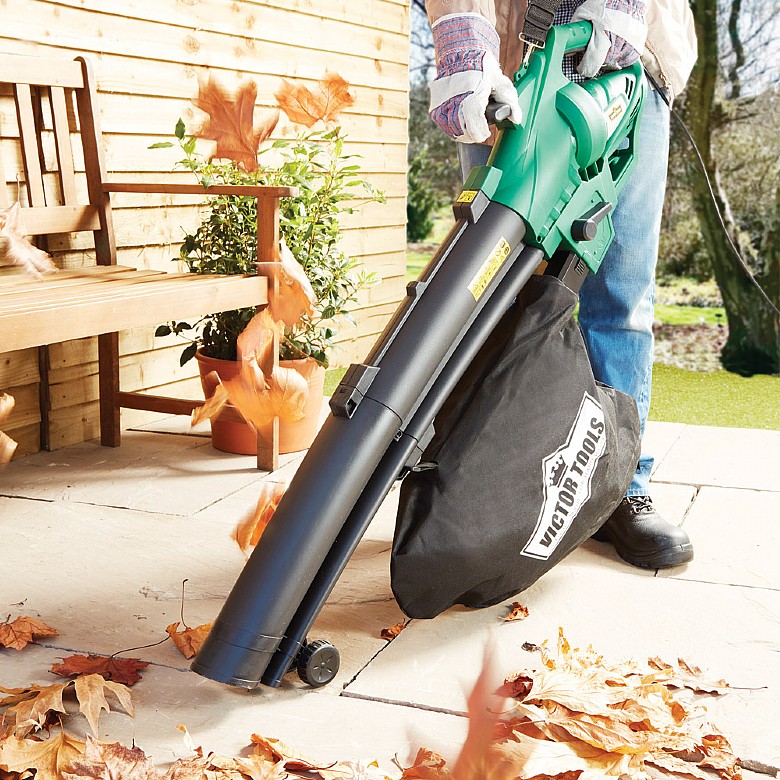You are sitting in the cafe sipping your americano and
thinking idly about nothing in particular.
The cafe owner is ostentatiously polishing your table and rearranging
the sugar bowl in a meaningful way. He
lifts your copy of the Independent and wipes underneath it. Perhaps you have
been there a little too long for one cup.
But at the prices he charges these days...

At the corner table two more coffees, a capuccino and a mocha, grow cold as their owners are deep in conversation. You catch the occasional word. What was that? “Bomb?” “Knives?” You become intrigued and angle yourself slightly to see if you can catch some more. “Slitting and gutting” accompanied by demonstrative arm gestures. You pick up your newspaper and lean towards them in its lee. The cafe owner has given up and gone back to making hissing noises with the Gaggia so that you miss a chunk of the conversation. Now you push your chair right out and lean sideways until you are nearly sitting at their table instead of your own. “I swear by The Readers Digest Cookery Book.” “Yes, the best ice cream bombe recipe there is.” “And thanks for the advice on the trout”.
Ah well. I’ll
overhear more than a discussion on the culinary arts next time. But something else occurs to me. It concerns our inbuilt human desire to
overhear other people’s conversations and, more importantly, to make something out
of it. We are hard wired to take in, to
solve clues, to understand without all the information being present. Our understanding might prove to be inaccurate
but we still delight in gossip and trying to unravel something about the
characters and situation involved.
Presumably in the early days of our species such understanding was a
vital tool for being able to trust the people you were hunting alongside.
And so with theatre.
Writing for the theatre is a process of offering titbits of information
to the audience so that they can follow and begin to fabricate an understanding
from what is happening there in front of them.
This why I believe theatre grew up as a medium for dialogue between
characters and why I find, as a rule, direct address to the audience rather
untheatrical. An audience member needs
to arrive at their own interpretation of a character which, quite often, will
be at odds with that of the writer. So much
the better, it proves that there is both depth and width in the writing. It provides an experience more akin to real
life.
And there is something else: the direct address is a
deliberately alienating device. We all
know about Bertholt Brecht and his attempts to break down the barriers of
theatrical convention. But he’s done
that, did that, over eighty years ago. He
was successful. We understand the
complexity of an ironical, alienated world.
Because that’s the one we live in during the twenty-first century. We have moved on. As writers we have to consider what live
theatre really has to offer in these days of Big Brother, Jeremy Kyle and I’m a
Celebrity Get me Out of Here. Direct address to the audience has become the
language of television; almost every programme relies on that device from news,
to comedy to scientific documentaries.
They all have to be presented to us. And Ironically, given the glass
screen that separates us, I think that’s where it works to greatest effect. Television is broadcast outwards, pushed towards
us. Live theatre is a medium for
allowing an audience to come in, to enter a new and different world from the
one they inhabit on a daily basis. We invite the audience to overhear, to
become part of an event that is happening right there before their eyes. We do not need devices to push them away. On
the contrary, we need to study the craft and skill that enables an audience
member to become absorbed, to become part of what is going on.
For me, I think Direct Address shows a bit of a lack of
trust in the audience. As with all artists, the watchword ought to be: Do your work, don’t
apologise, don’t explain. We don’t need to turn the theatre into the lecture
hall. We need to trust that the audience has enough sympathy to be able to
unravel even if they don’t understand fully. And that we don’t need to bombard them with
our vision of what they ought to be seeing.
 Obviously the leaf blower has some function for garden
contractors because the prehistoric visceral din demonstrates to the garden owner that work
is being done, technology is being brought to bear, fuel is being used and the contractor
can thus present a hefty bill each month sure in the knowledge that it will be
willingly paid.
Obviously the leaf blower has some function for garden
contractors because the prehistoric visceral din demonstrates to the garden owner that work
is being done, technology is being brought to bear, fuel is being used and the contractor
can thus present a hefty bill each month sure in the knowledge that it will be
willingly paid.